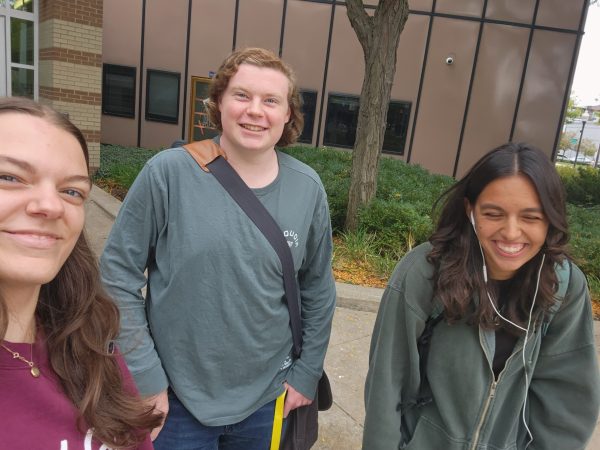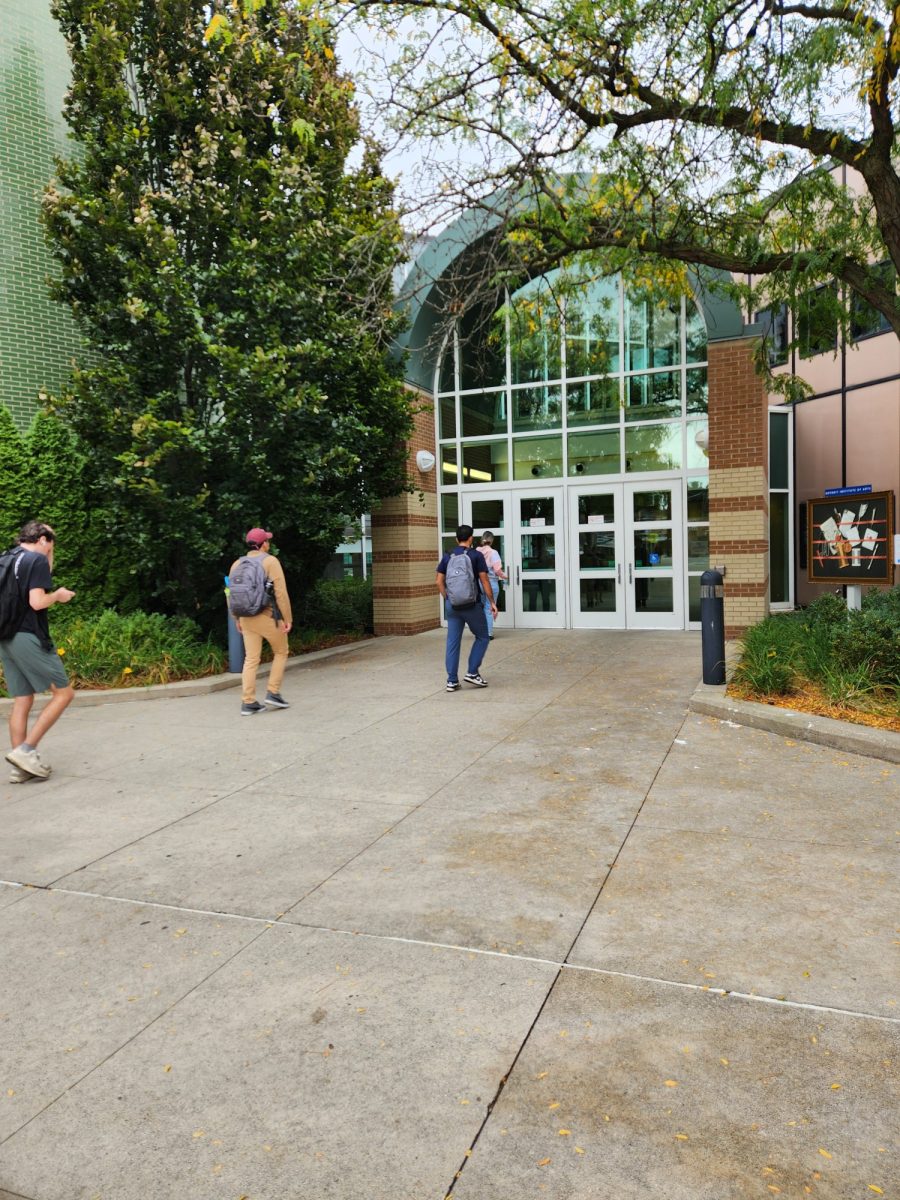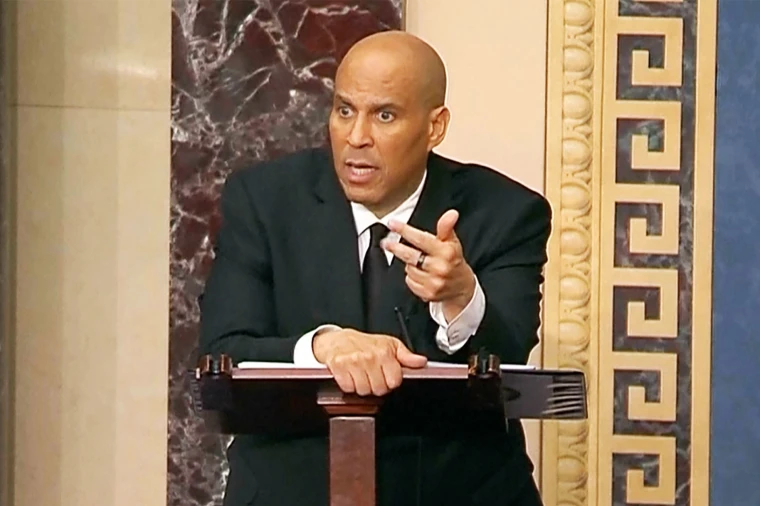When it comes to the future after high school, the possibilities are endless, with students taking a myriad of paths. However, community college is a commonly overlooked option, one that few consider. This may begin to change since, as of this year, the state of Mich. offers a FREE college education to all Mich. high school graduates. To be clear, this means that a student can attend their local community college, free of tuition, with no financial eligibility requirements for two years. The legislation, known as the Community College Guarantee, was signed into action by Gov. Whitmer this past July, with the policy being funded through the fiscal year 2025 budget (FY25).
The hope for this legislation is to provide more people with the opportunity at a higher level of education if they so choose, as well as to eliminate some of the financial limitations that force people to turn away from the college route.
Senior Zach Weingarden noted that, “We talked about it [the community college guarantee] in our English class.”
It is optimistic that the topic of community college is becoming more mainstream and is being talked about more regularly. For many however, the prospect of attending community college is seldom discussed, and as a result, the little information people do have on the subject, is more often than not misconstrued, both in its purpose and its function.
Senior Emily Bayliss explained, “The stigma around it is that it’s for ‘unsmart’ and ‘uneducated’ people when it’s actually a really good tool for getting your baseline, like―your prerequisites out of the way for way cheaper.”
For some, community college can be a way to obtain further education and degrees at a substantially lower cost than a four year university. For others it serves as a stepping stone, a transitional period to prepare for the intense academic and social aspects of the college experience, a way of easing in if you will.
So, with that in mind, community college is not just for one type of person: a notion that has been perpetuated and stigmatized. This idea that community college is not “real college” is in no way an accurate description.
Community college, as its name suggests, is a higher education institution that is available to the surrounding community. Often, misconceptions of how community college actually works can be the difference in someone’s decision to attend.
When speaking to students, many knew little about community college, and sometimes the things they did mention, were not entirely true. While discussing future plans with Junior Patrick Deighton, he described how, “for some people it’s the perfect decision just not for me because a lot of what I have to go into requires a full four years of education.”
Generally, community college is a two year endeavor, with students working towards an associates degree or other certification, however, many are unaware that after completing prerequisites and the one or two years that they would attend community college, their transcripts can then be transferred to a four year university where further degrees and qualifications would be completed.
Following that, the financial side of four years of college at a public or private college or university is not for the faint of heart. According to nces.ed.gov, going to a public four year university and living on-campus as an undergraduate, a student will most likely spend around $9,800 per year, and that’s assuming it’s in-state tuition. At private nonprofit universities students pay the upper end of $40,000 per year.
Junior Amsatou Diop shared her thoughts on the expense of college, saying, “I think it’s better to stay in state, because honestly I was thinking about going out of state, but the realization that it’s very expensive and you could just stay in state. . .it’s like, wow this is really expensive just to learn.” Diop brought up a good point that the idea of college is ultimately to continue learning and furthering your education, however, that possibility is in many instances limited only to those with the financial means necessary. While $10,000 may seem much more reasonable compared to $40,000, both are still a substantial amount, leaving community college not only as the most inexpensive option for pursuing further education, but an option that is entirely free of cost. The institution specifically available to Berkley students and surrounding areas is Oakland Community College, otherwise known as OCC.
For the Juniors and Seniors preparing to make major decisions about their future, it can feel overwhelming to sift through the seemingly endless information. Mrs. Belsky offers an abundance of information and resources, all of which can be found at the Counselor’s Corner, as well as through emails that are sent out to the student body every week.
Additionally, Berkley offers college info sessions aimed towards and available to current Juniors and Seniors, with OCC coming about four times a year. They visit once in the fall, twice in the winter, and once in the spring, with their focus primarily around applications and next steps once admitted.
Those looking to attend community college, keep in mind that it is what you make of it. As Mrs. Belsky stated, “Getting involved, talking to advisors, trying things, meeting new people―there is student life when you go to community college, you just have to seek that out a bit more than you maybe would at a four year university. In the end, you get out of it as much as you put in.”
Community college may not be the right thing for everyone, but that doesn’t mean it can’t be the right thing for you. Mindset matters. As with most things in life, how much a person enjoys the opportunities presented to them, is up to that person to decide.
Interested in pursuing this further? Students and parents seeking more information, please follow this link to Michigan.gov, the official Michigan website run by the state where more information about the Community College Guarantee can be obtained. Those looking to check out the qualifications and eligibility requirements, the FAFSA application can be accessed through the prior link by scrolling down to find the clickable box labeled “fill out the FAFSA” or you can head directly to the Federal Student Aid website to view the application process and make a submission to your local community college OCC.










